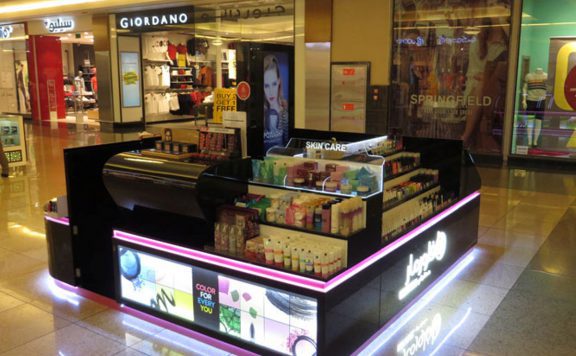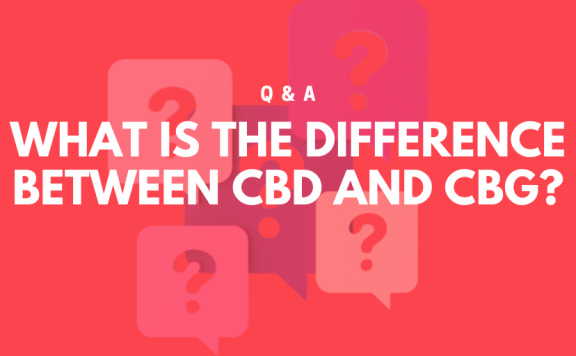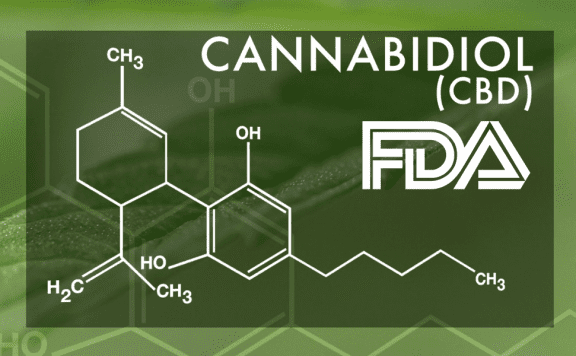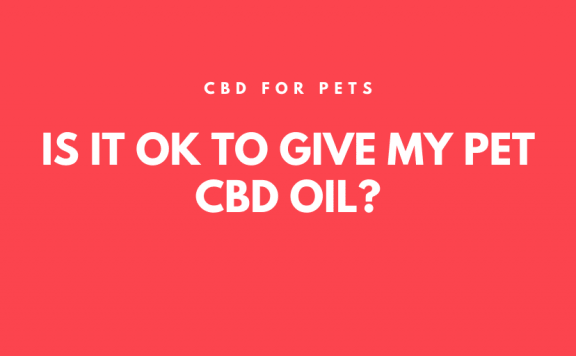It may seem as if cannabidiol (CBD) is being sold at every other store in Rutherford County despite a lingering stigma from its “cousin,” marijuana.
Adam Swanson is one businessman who began selling CBD once the dust had settled from Operation Candy Crush a year ago.
Swanson operates two local CBD stores. Gen 1:29, at 820 N. Thompson St., sells processed cannabidiols, or CBD, which is processed from industrial hemp, Swanson said. A second location, Smoky Mountain CBD Oil, at 1480 S. Church St., sells a few processed items but specializes in “bran flour,” or the buds from the industrial hemp plants.
Swanson also provides CBD oil on the wholesale level for more than 20 retail outlets to sell themselves.
Legal requirements
The businessman said that before he joined the budding industry, he researched CBD extensively to satisfy himself it was not only legal but safe.
CBD is an extract of industrial hemp with all of the cannabinoids, except it has only 0.3 percent or less of tetrahydrocannabinol (THC), the psychoactive ingredient in marijuana, Swanson said. That percentage meets legal requirements and ensures CBD does not provide a “high.” Industrial hemp is legal within certain instances in Tennessee and is a “cousin” as cannabis, which is also called marijuana, he said.
Tennessee law defines Schedule VI drugs like marijuana; details the parts of the plants and extracts that may be legally used as long as they do not contain more than 0.3 percent of a THC concentration; and spells out the process for farms to be licensed to grow and process industrial hemp.
Industrial hemp/CBD bills pending in the General Assembly would specify that they are not controlled substances and are not subject to forfeiture, and would block police searches based only on the odor of cannabis. Another bill would prohibit penalties to healthcare professionals who recommend products made from industrial hemp.
Gray area
Even with the definitions written into state law, industrial hemp and CBD continue to be a gray area legally in the year since Operation Candy Crush, the failed law enforcement sting against CBD retailers. Last year, a City of Murfreesboro employee was forced to resign after a drug test came back positive for THC from using CBD. City officials said they follow federal Department of Transportation guidelines, which do not allow for CBD use.
Last September, the Tennessee Department of Health issued a health advisory warning against the use of marijuana outside a few proven medical conditions, and lumped hemp in with it.
The advisory says marijuana is addictive and is “associated with adverse health outcomes including development of psychoses like schizophrenia.” The advisory says that outside of a few medical conditions, “there is not sufficient evidence to show that any form of Cannabis, including marijuana or hemp, are safe and effective as medication.”
Harvard Health Publishing’s “HEALTHbeat” newsletter cautions that CBD side effects include nausea, fatigue and irritability.
Swanson says he advises people with issues such as heart disease to check with their doctors before taking CBD.
Many benefits cited
Despite those concerns, demand for CBD continues to grow.
One proponent says he was once skeptical but has now become a believer based on his use of hemp products to treat two health conditions.
Justin Cox is Swanson’s wholesale sales manager at Smoky Mountain. He said he takes hemp on a regular basis to help with obsessive-compulsive disorder (OCD) now. He initially started taking it after much urging by his children and by his wife, who works at a health food store, when he was stricken for three weeks with intense back pain. He then went to work with Swanson, sold on hemp’s benefits.
Cox said he has struggled with OCD most of his life. By the grace of God, he had found some control but still struggled daily, he said.
Hemp production got a boost in September when President Donald Trump signed the 2018 Farm Bill. That bill legalizes industrial hemp cultivation and its transportation across state lines, as long as certain conditions are met such as a 0.3 percent or lower level of THC and the use of licensing for growers
Treating disorders
People who come into Smoky Mountain CBD for bran flour often are suffering from anxiety, schizophrenia, fibromyalgia and epilepsy, Cox said. CBD proponents cite dozens of medical conditions they say the cannabinoids help treat. A few of those other conditions include: acne; autism; bipolar disorder; cancer; chronic pain; dementia; Parkinson’s disease; and post-traumatic stress disorder (PTSD).
Customers ingest the bran flour by baking or cooking it into food, putting it into smoothies or salads, ingesting it directly or smoking it, Cox said. CBD oil uses range from oral to topical to even use in pet treats.
—————————————————————————————
WHAT IS CBD?
“CBD stands for cannabidiol. It is the second-most prevalent of the active ingredients of cannabis (marijuana). While CBD is an essential component of medical marijuana, it is derived directly from the hemp plant, which is a cousin of the marijuana plant. While CBD is a component of marijuana (one of hundreds), by itself it does not cause a ‘high.’ ” Source: “HEALTHbeat,” Harvard Health Publishing, Aug. 24, 2018,





